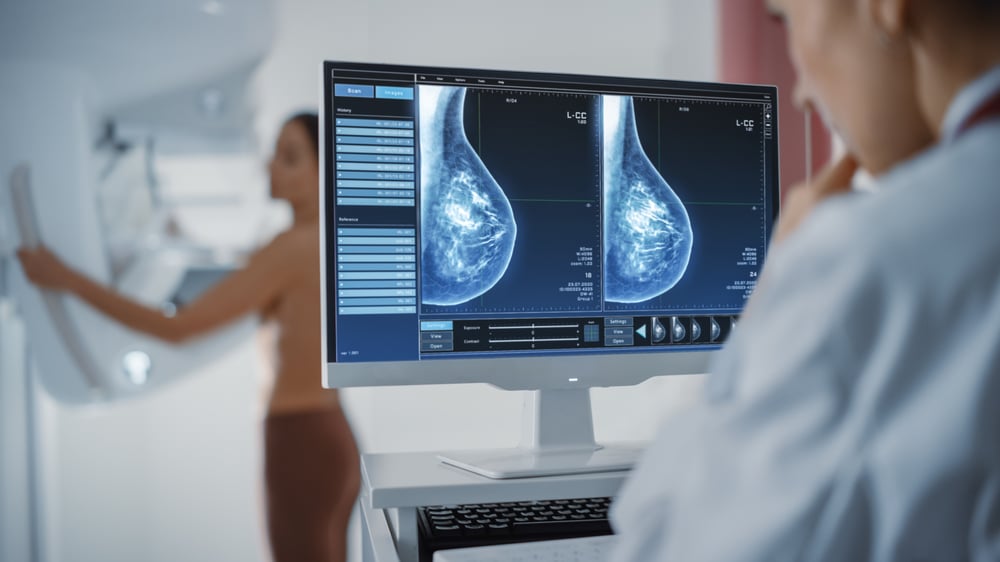Benign Tumors
Understanding benign tumors and their impact on your health.
Benign tumors are non-cancerous growths that can develop in various tissues, including breast tissue. At Garden Mammography Center, we provide comprehensive services to help you understand and manage benign tumors effectively at our Lake Success location.

What are Benign Tumors?
Benign tumors are abnormal growths of cells that do not possess the characteristics of cancer. Unlike malignant tumors, benign tumors do not invade nearby tissues or metastasize to distant body parts. They can occur in various forms, and their growth is usually slow. Common types of benign tumors found in breast tissue include:
- Fibroadenomas: These are solid, smooth, rubbery lumps that are typically painless and can vary in size.
- Phyllodes tumors: Though mostly benign, these can be larger and may require surgical removal.
- Lipomas: These are fatty tissue growths that are soft to the touch and can appear anywhere in the body, including breast tissue.
Symptoms of Benign Tumors
The symptoms associated with benign tumors may vary significantly depending on their size and location. Common symptoms include:
- Breast tenderness or sensitivity
- Lumps that can be felt in the breast, which may vary in shape and size
- Changes in breast shape or contour
- Discomfort during menstrual cycles
It's essential to monitor any changes in your breasts and consult a healthcare professional if you notice new lumps, changes in size, or persistent pain.
Diagnosis of Benign Tumors
At Garden Mammography Center, we utilize advanced imaging techniques for diagnosing benign tumors. These may include:
- Mammography: A specialized X-ray of the breast that helps detect any abnormalities.
- Ultrasound: This imaging technique uses sound waves to create images of the breast tissue, helping to distinguish between solid masses and fluid-filled cysts.
- Biopsy: In some cases, a sample of the tissue may be extracted and examined under a microscope to confirm the diagnosis.
Understanding the characteristics of the tumor through these diagnostic methods is crucial for determining the appropriate management plan.
Treatment Options
Most benign tumors do not require treatment unless they cause discomfort or cosmetic concerns. Treatment options at Garden Mammography Center may include:
- Monitoring: Regular follow-ups and imaging to ensure the tumor does not change in size or nature.
- Surgical Removal: If a tumor is causing significant symptoms or anxiety, it may be surgically removed. This is usually a minor outpatient procedure.
Our healthcare providers will work closely with you to develop an individualized treatment plan based on your specific needs.
Prevention and Risk Factors
While the exact cause of benign tumors is often unknown, certain factors may increase your risk, including:
- Hormonal changes: Fluctuations in hormone levels, particularly during the menstrual cycle, can influence the development of benign tumors.
- Family history: A family history of breast tumors may increase your risk of developing similar growths.
- Age: Benign tumors are more common in women of reproductive age.
Maintaining a healthy lifestyle, including a balanced diet and regular exercise, may help in reducing overall risk factors associated with tumor growth.
Schedule Your Appointment
For more information or to schedule an appointment, please contact us at +1 516 663 6400 or visit our contact page. Our team at Garden Mammography Center is dedicated to providing compassionate care and ensuring your health and well-being.